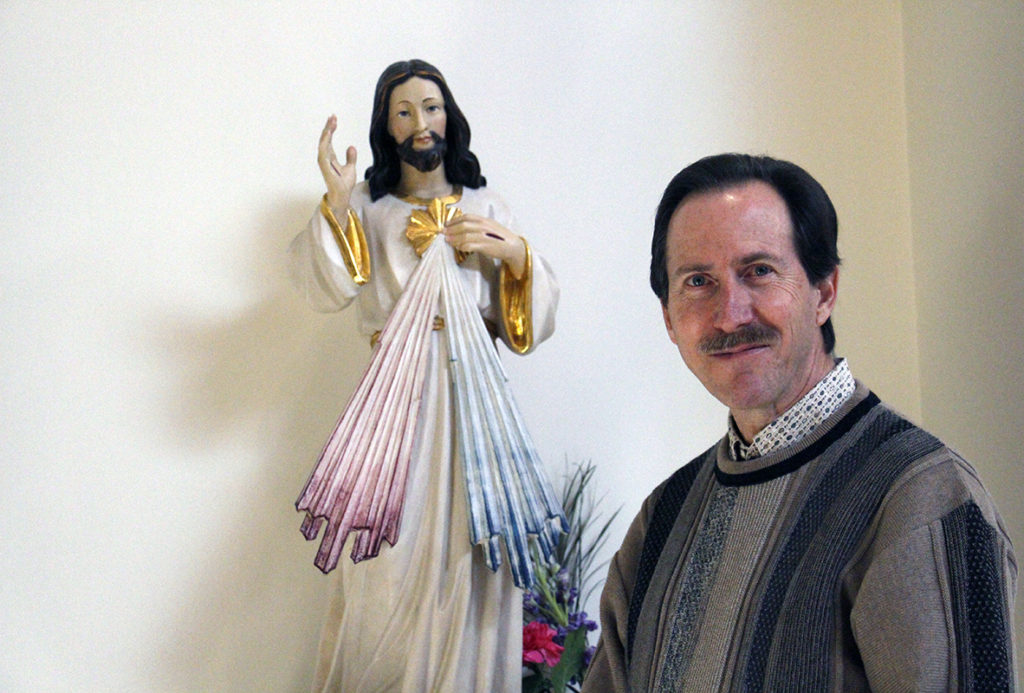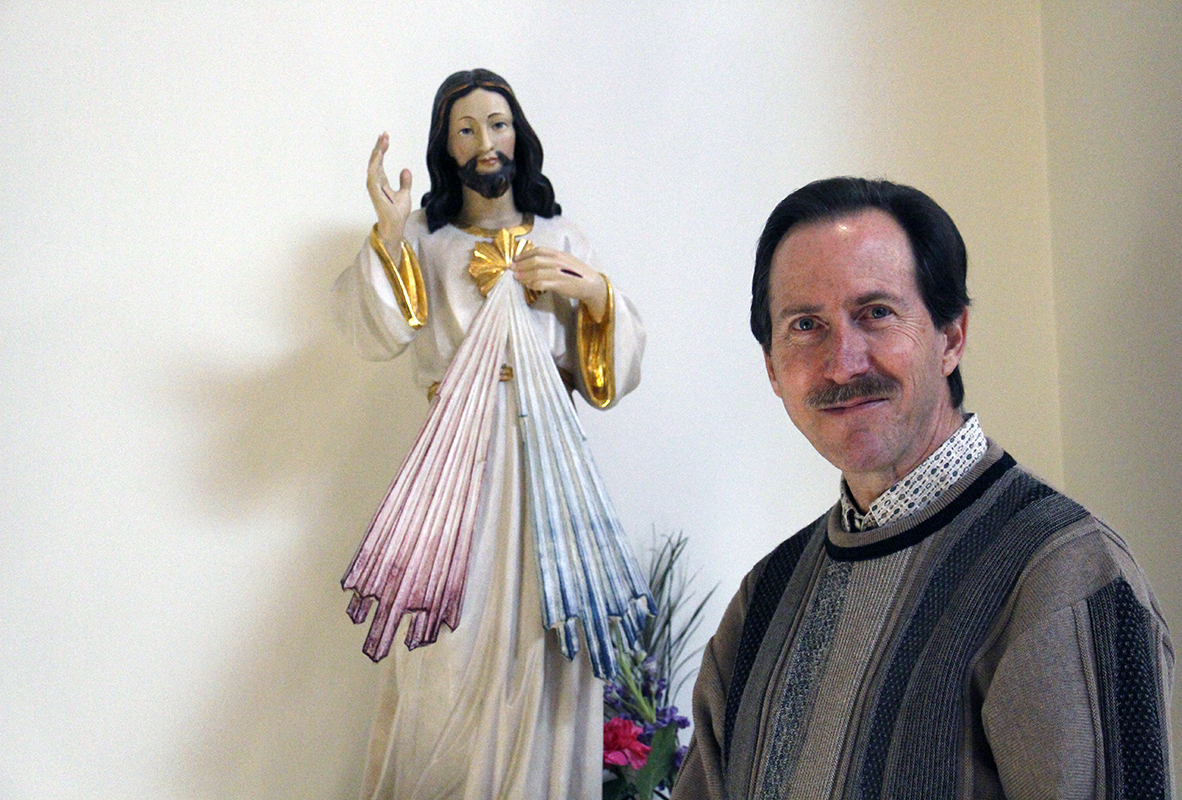
A former English professor and one-time diaconate aspirant found an alternative way to communicate God’s love with the faithful: poetry.
Joseph P. Castorino, who has Catholic ties across the Valley, turned to poetry in 2015 and hasn’t looked back. The current St. Daniel the Prophet parishioner writes about 50 poems a year with an estimated 160-170 completed.
He has shared them on his website, josephpeteranthony.com, since 2016 where they’re neatly organized into six categories plus a “Poem of the Week” as a running blog.
Castorino’s “Dark Tragedies” and “Dark Comedies” depict the dark or imperfect side of human nature in their respective forms as a way to reach atheists and agnostics. A handful, such as “Lord of the Abortion Clinic” and “A Tale of Two Tragedies,” speak to the pro-life issue.
His “Mystical Reflections” delve into the mystical or spiritual aspects of life while his “Mystical Narratives” journey more into the imagination, much as C.S. Lewis and J.R.R. Tolkien do in “The Chronicles of Narnia” and “The Lord of the Rings.”
“A lot of my poetry, in some way, shape or form, has to do with the spiritual battle we face every day,” Castorino said.
The writer’s “Luminous Romances” are love poems to Our Lady — “To Our Lady of Lourdes” was his poetic debut — while his “Luminous Histories” shed light on saints and major events in the Church.
“It’s like I’m discovering my friends in heaven. For so many years, I didn’t know the saints. Getting to know them on a personal level is amazing,” said the poet, who earned his master’s degree in English from Loyola Marymount University with an emphasis in fiction.
Castorino has about 150 saints he’d like to compose poems about and to; his collection stands at about 25 now. Others will come following additional reading and research. The writer’s inspiration also comes by picturing himself in the saints’ immediate presence with Castorino crediting his poems to their intercession.
Faithful across the Diocese of Phoenix will find 16 poems honoring the patron saint of their parish plus two to St. John Paul II already online. The poet is inspired by the late pontiff plus St. John of the Cross, St. Francis of Assisi and St. Louis de Montfort.
Our Lady of Solitude Monastery in Tonopah serves as the setting for “The Mystical Monastery in the Desert.” It’s about someone who just completed a consecration to Jesus through Mary, something Castorino has renewed every New Year’s Day since 2007.
Given that Holy Week begins March 25, web-savvy readers will find “The Agony of Unrequited Love” as a newer piece and see “The Crucifixion” and “The Resurrection” re-posted. “Our Lady of Divine Mercy” and “Our Lady of Joy,” which reflects on Pentecost, are other seasonal poems to ponder.
Though largely on the short side at about a half-page read, some poems come in acts or pairs.
“It really started right here at Kino,” Castorino told The Catholic Sun while sitting between classrooms for the Kino Catechetical Institute and the Kino Library, which is open to all Catholics.
He graduated in 2013 at a time when both Castorino and his spiritual director were convinced he had a calling to something greater. He explored the life of the Third Order Franciscans — his mom happened to be one — discerned with the diaconate and ultimately found himself “enraptured” with the work of Joseph Pearce, a Catholic literary critic he ran across on EWTN.
The apologetics of beauty, or cultural apologetics, was one of the themes Pearce explored in his 425-page book “Catholic Literary Giants: A Field Guide to the Catholic Literary Landscape.” Castorino discerned a literary form to fit his patchwork life — and help others grow in holiness.
“Pilgrim,” a Catholic literary journal, recently picked up one of his pieces about Thanksgiving Day and family love.
Castorino’s work also caught the eye of his current pastor, Fr. Thaddeus McGuire, at St. Daniel the Prophet in Scottsdale.
Castorino hopes his poetry reflects the 13th century words of St. Bonaventure in the 21st century: that the arts — and, really, everything we know in life — should take us back to God.







